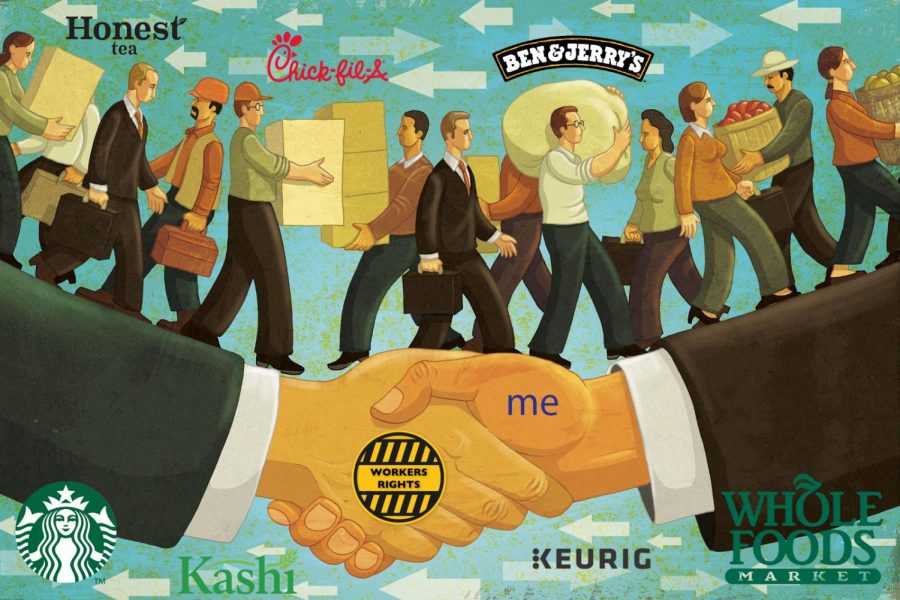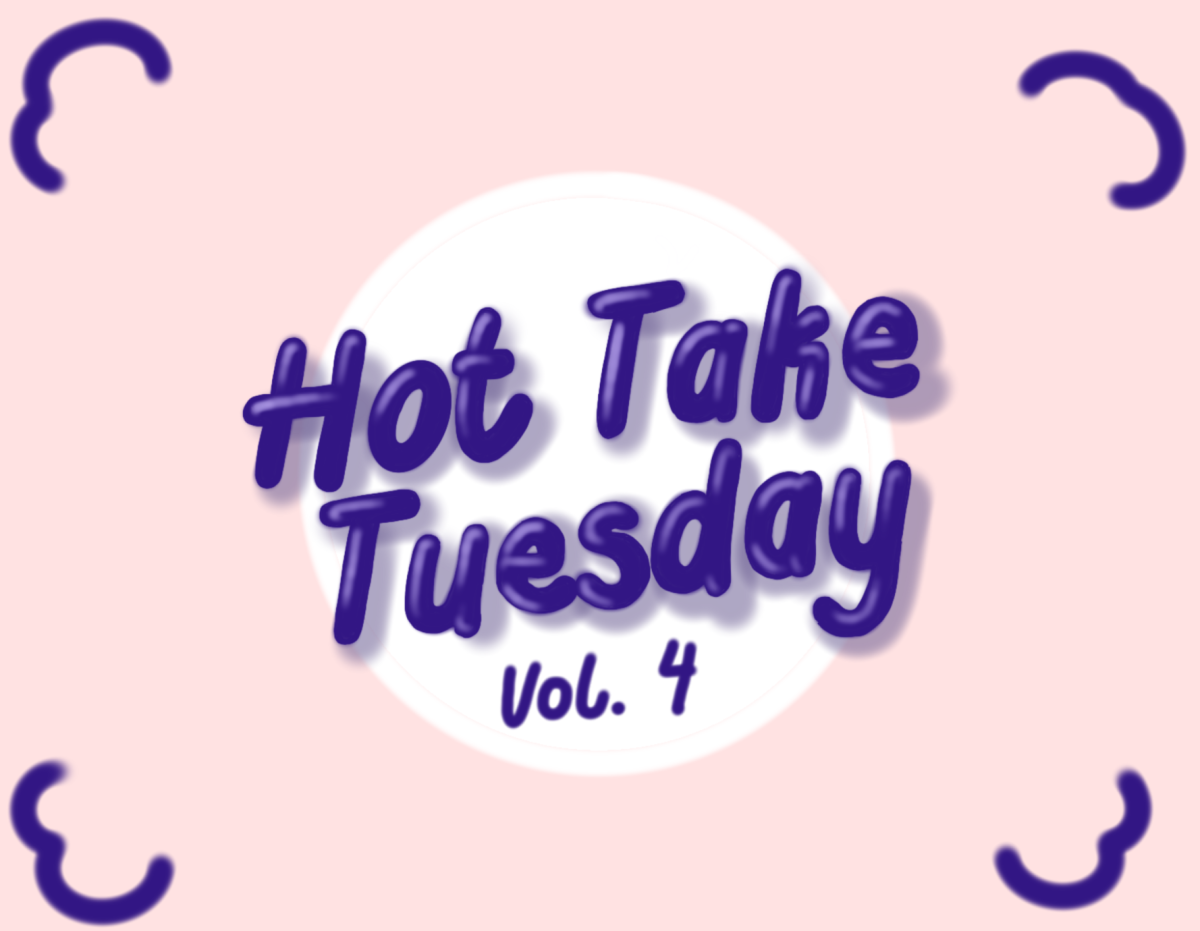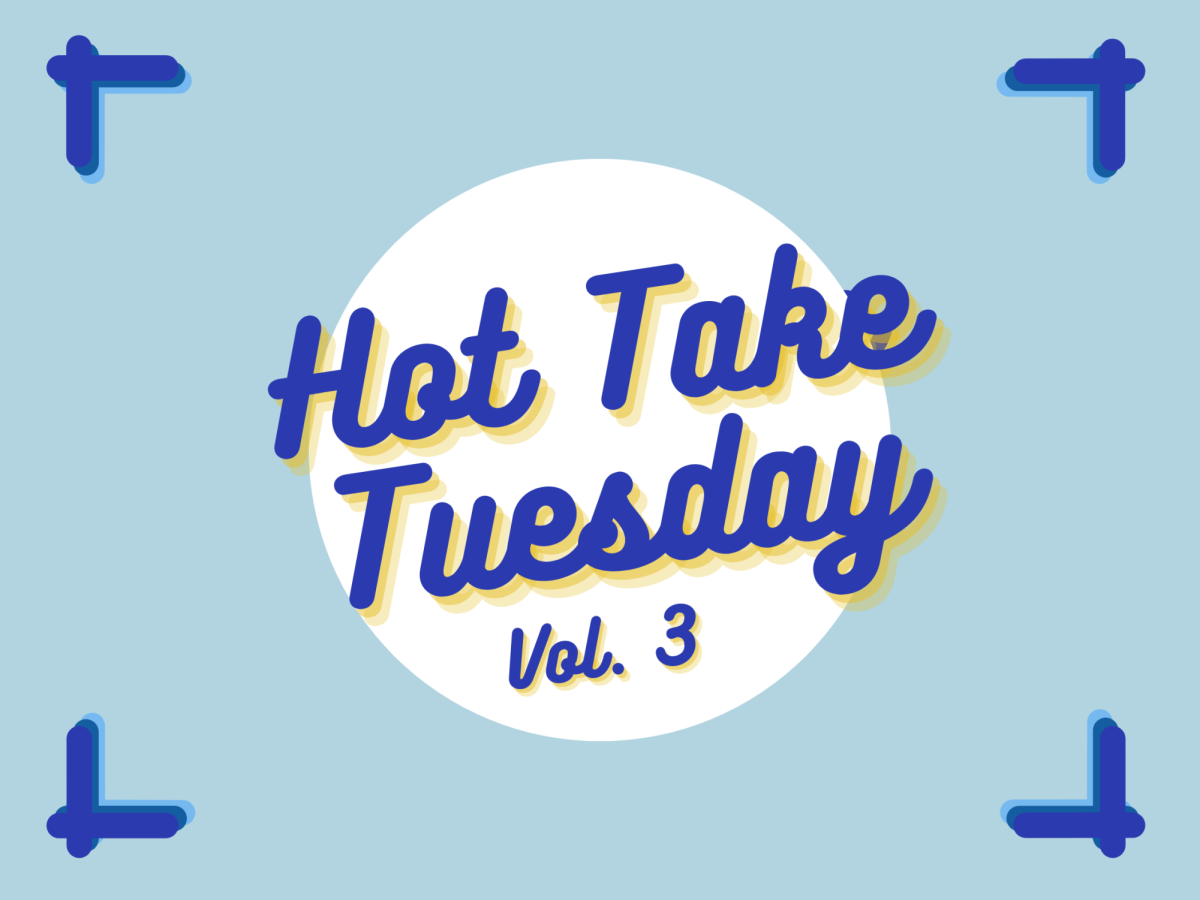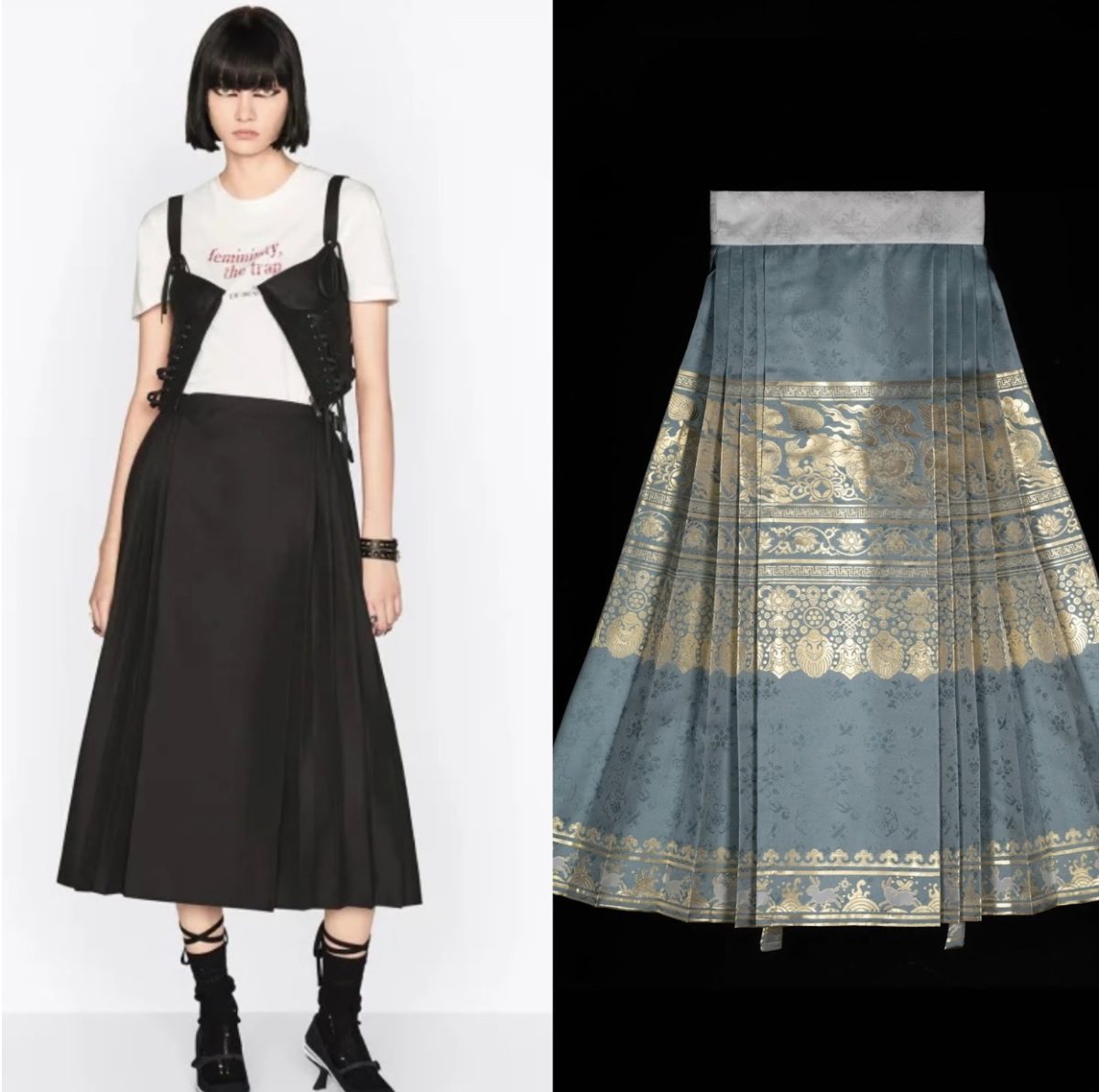Food travels from farm to truck to supermarket to the hands of a consumer, increasingly separating Americans from their food source. Even in California–a state with a greater agricultural output than any other in the country–we have no grasp on the origins of our food.
Food is often sourced from different states, countries, or even continents, and we have no reference for the conditions of the workers who harvest our food. Labor laws in the countries that America tends to source from–such as Ghana, Ecuador, and China–are not as strict or enforced as they are in America.
Fair Trade organizations set a series of standards for certification in an attempt to encourage people to buy from places that pay a living wage to workers in good working conditions. Products label themselves with a ‘Fair Trade’ seal to emphasize their commitment to ethically sourced food. However, Fair Trade may not be the only way to ensure that you consume honestly sourced food.
There is not just one Fair Trade organization, but rather many different associations with different sets of standards that are required for their certification. World Fair Trade Organization, Fair Trade International, Fair Trade Certified, Fair for Life, and Fair Trade Federation are the most popular certifications.
Each of these organizations has a different way of determining the certification of products. World Fair Trade Organization relies on ten basic principles and international labor standards when certifying a company, whereas Fair Trade International has different specifications based on the specifics of the company, such as small producer standards, trader standards, and textile standards. It is entirely possible for a company to earn approval from one organization but not another.
Any Fair Trade stamp of approval is enough to ensure that the product that you are buying is sourced from an ethical organization, regardless of the specifics. Additionally, there are ways to buy from an ethically sourced company without buying fair trade, such as direct trade.
Direct trade is a form of trade where the product come directly from the producer to the seller, no middle men. Because this method of trade relies on the distributor taking responsibility for the conditions of the producer, they also cut out organizations like Fair Trade Certified. While this accountability does not necessarily guarantee good working conditions, the seller usually has the details about the grower on their website, so that you can see the conditions for yourself.
Intelligentsia Coffee is a direct trade coffee house that sends representatives from their company to the four growing sites to ensure that they maintain certain quality requirements. They have information about these sites on their website and are very open about the standard of living and wages of the workers. Even though Intelligentsia is not Fair Trade, it is still an organization that provides honestly sourced coffee.
Garrett Goodrich (‘19) has started purchasing Fair Trade products from the clothing, coffee, chocolate, textile, and gemstone industries. He said, “It’s all about the people. We are super lucky and super wealthy as far as global wealth goes and we have a huge responsibility because of that… If me choosing to spend five dollars more on chocolate each month or ten dollars more on a nice shirt every few months means that someone who would otherwise be starving is making a living wage in conditions that respect them as a human, there’s no question.”
I entirely agree. While I live in a household where I do not choose the majority of goods purchased, making an entire Fair Trade lifestyle difficult for me, I always try my best to prioritize honorably sourced goods, or avoid products from companies that are notorious for harsh working conditions.
I also asked Garrett’s opinions on buying ethically sourced goods that are not Fair Trade certified. He said, “I really value transparency and think that it is directly related to the cause so I’m comfortable with a company who isn’t fully fair trade and could do better ethically but is totally transparent. [Such as] Everlane, my favorite clothing company right now. I am very wary though and will scrutinize everything non-fair trade.”
In short, there are companies not Fair Trade certified that allow you to purchase humanely sourced goods, but it is worth it to ensure that the company is not using the phrase ‘ethically sourced’ as a marketing tactic. If you do not wish to put in the time it takes to research the sources of a company, again, the Fair Trade stamp is always a good cheat sheet.
It is not always practical for a family or small business to buy more expensive goods on the grounds of ethical purchasing. Sometimes, large stores like Vons do not even have fair trade options. However, if you can go out of your way to a Trader Joe’s or spend a couple more dollars, it is always worth it to support an organization trying to better the lives of those who work to get us our food and clothing and coffee.
As a short list, brands that are Fair Trade certified, by a number of organizations, are:
- Kashi
- Ben and Jerry’s
- Honest Tea
- Keurig Green Mountain
- Starbucks
- Wholefoods
- Chick Fil-A
Conversely, companies notorious for harsh working conditions are:
- Nestle
- Mars
- Walmart
No matter if you buy Fair Trade every day, one a week, or once a month, we can always do our part to encourage better working conditions by showing major distributors that the people want ethically sourced food. Take five minutes out of your day to see if your favorite brands use some form of Fair, direct, or ethical trading, and if not, maybe reevaluate your shopping habits. The only way to make lasting change in the trade industry is to say that we want fair wages for workers, and follow through with our purchases. Every Fair Trade purchase helps.














